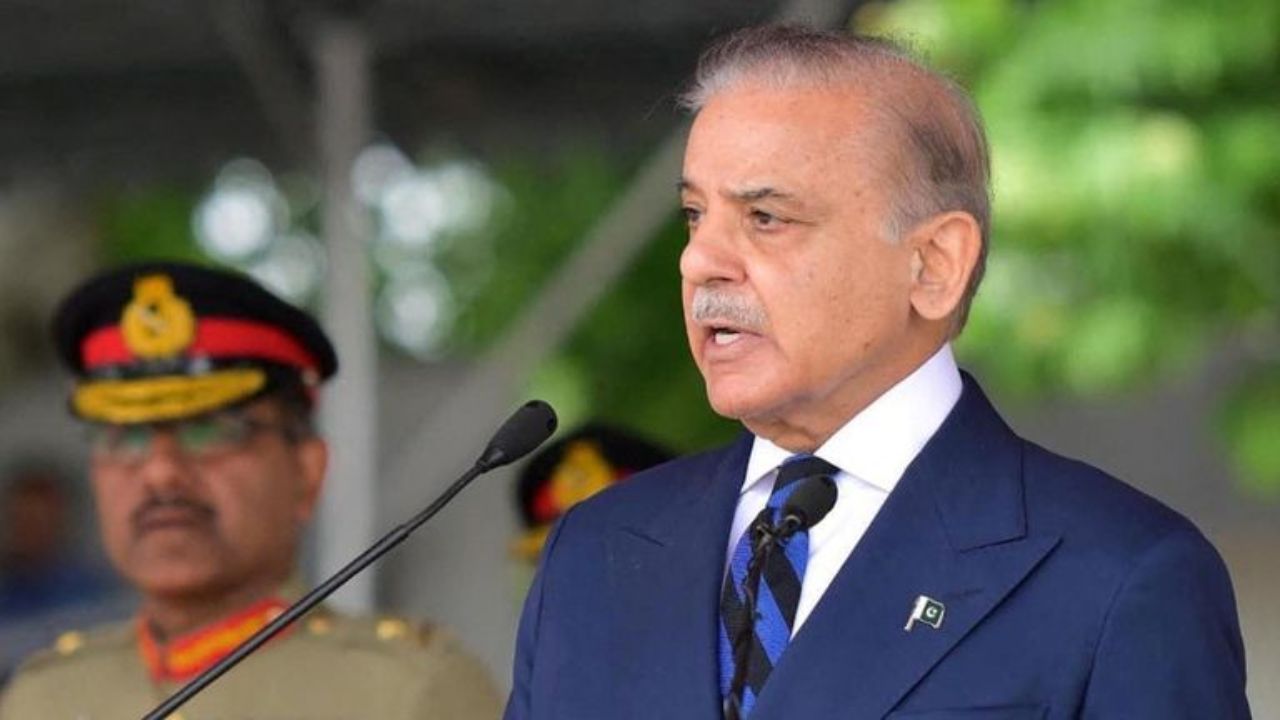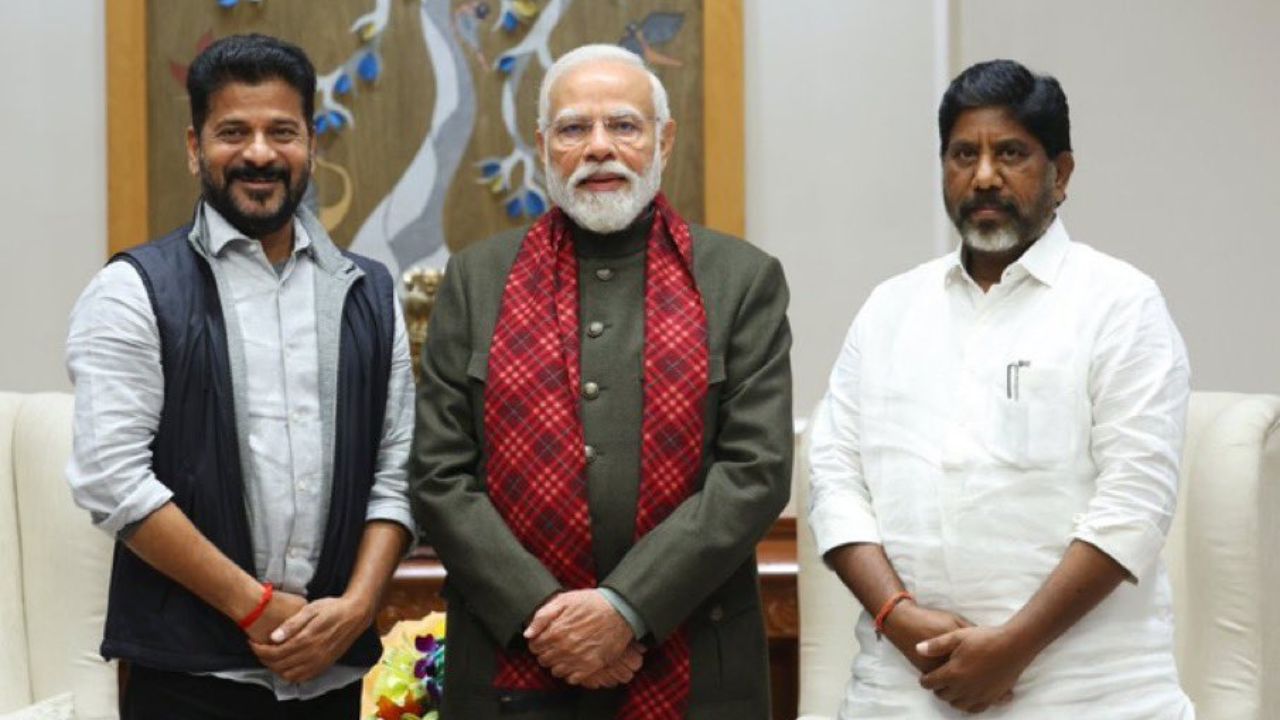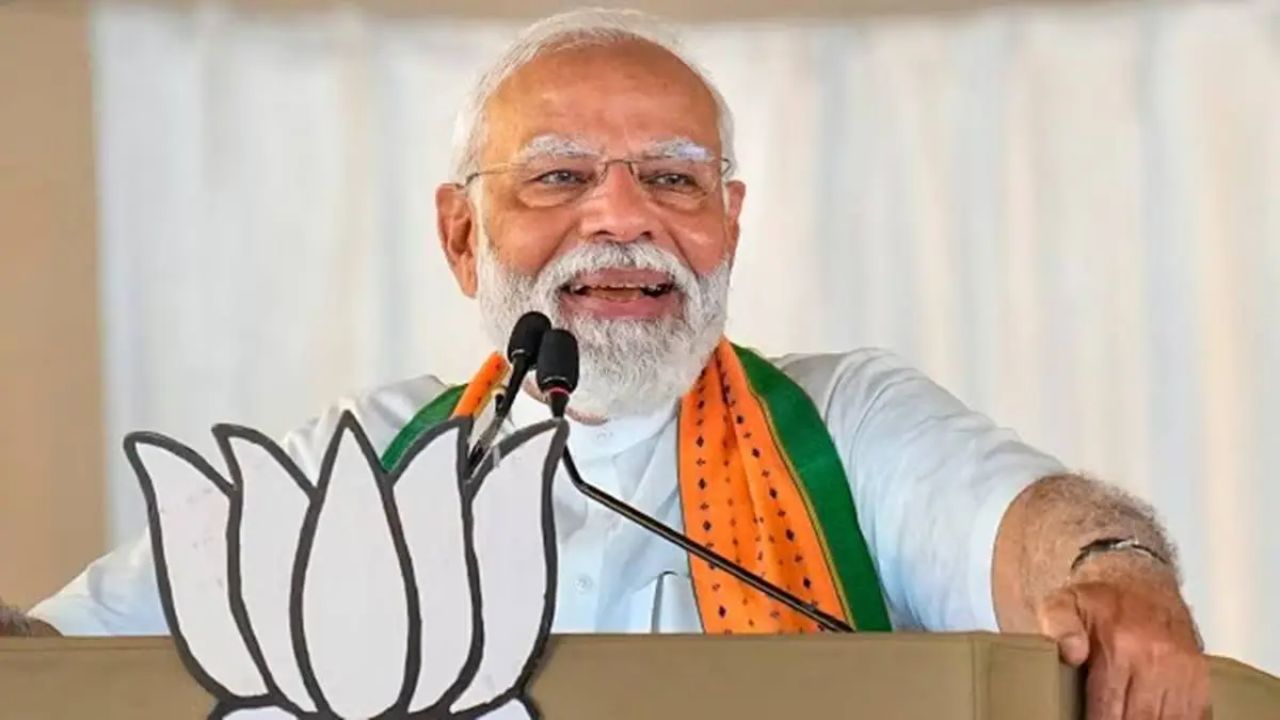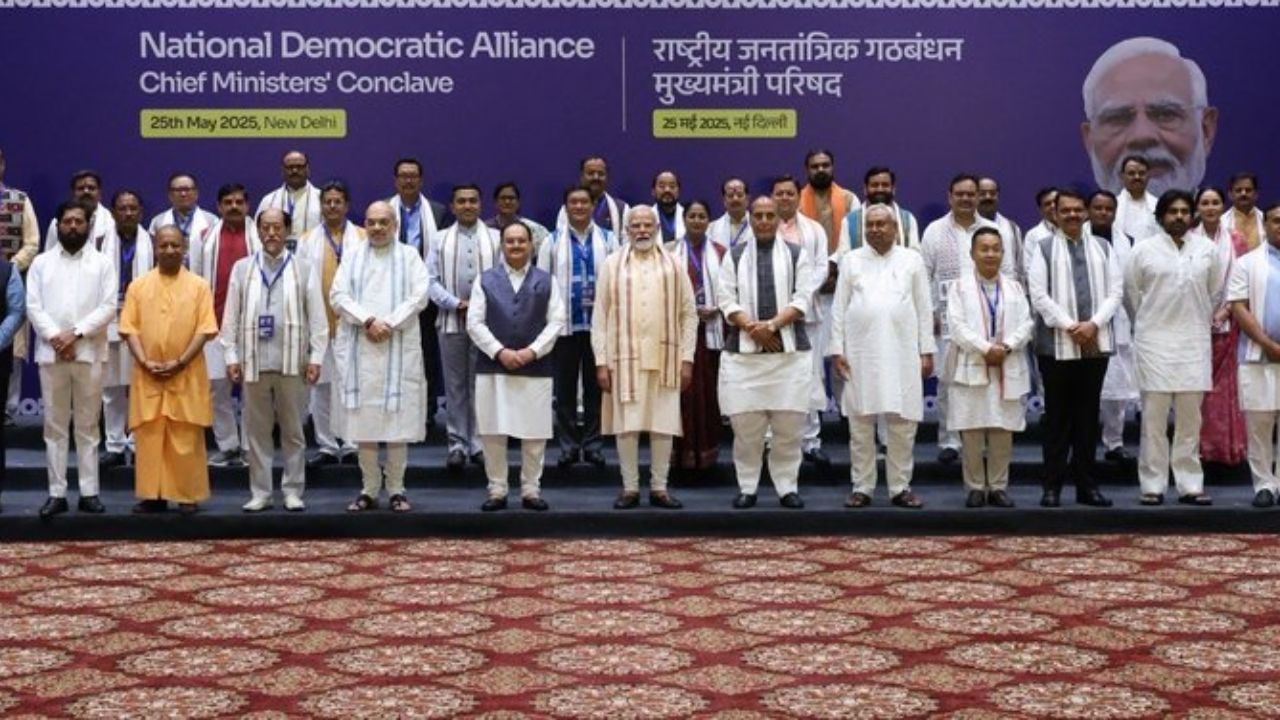Sri Lanka’s New Marxist-Leaning President Anura Kumara Dissanayake’s Party Secures Parliamentary Majority
Sri Lanka's newly elected Marxist-leaning President, Anura Kumara Dissanayake, has consolidated his political power as his party, the National People's Power (NPP), secured a commanding majority in Parliament. Official election results released on Friday, November
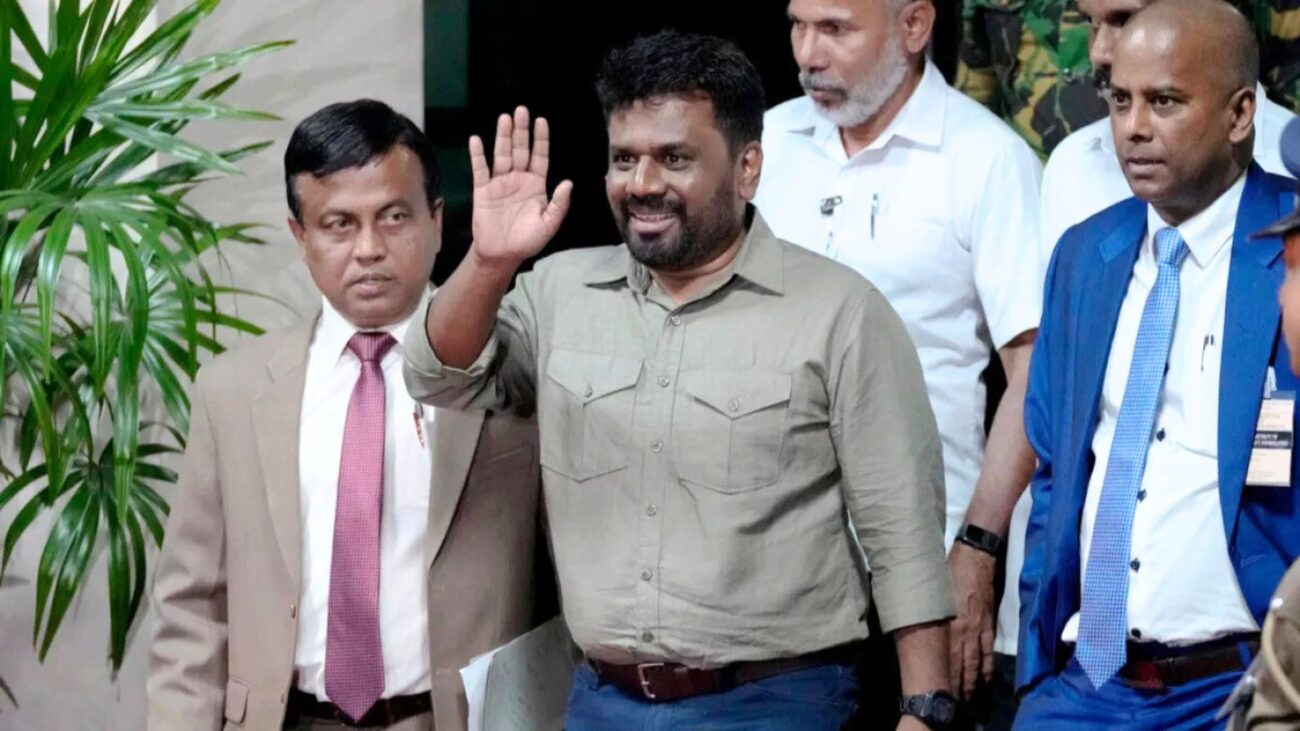
Sri Lanka’s newly elected Marxist-leaning President, Anura Kumara Dissanayake, has consolidated his political power as his party, the National People’s Power (NPP), secured a commanding majority in Parliament. Official election results released on Friday, November 15, show that the NPP won 123 of the 225 seats, granting Dissanayake a solid mandate to pursue his transformative economic and social reforms.
Election Results and Political Impact
The Election Commission confirmed the NPP’s victory, with the party significantly outperforming its rivals. The opposition Samagi Jana Balawegaya (SJB), led by Sajith Premadasa, secured just 31 seats. The remaining seats were distributed among smaller parties and independent candidates. This outcome underscores a seismic shift in Sri Lanka’s political landscape, as voters rejected the dominance of traditional political parties that have ruled the nation since its independence in 1948.
A wave of public dissatisfaction with entrenched political elites and economic mismanagement has marked Dissanayake’s rise to power. His presidential victory on September 21, despite garnering only 42% of the vote, set the stage for this dramatic parliamentary win, demonstrating growing support for his party’s agenda within weeks of his inauguration.
Breakthrough in Minority-Dominated Regions
A particularly striking aspect of the NPP’s victory was its success in Jaffna, a district that has long been the heart of Sri Lanka’s ethnic Tamil community. Historically, Tamil-majority regions have been dominated by ethnic Tamil parties that emerged during the civil war and its aftermath. The NPP’s ability to win in Jaffna and other minority strongholds signals a remarkable political realignment.
This victory reflects a shift in attitudes among Tamil voters, who have traditionally been wary of Sinhalese-majority leaders due to decades of marginalization. The Tamil rebellion, which sought a separate homeland during the 26-year civil war (1983–2009), leftover 100,000 people dead, according to conservative UN estimates. Dissanayake’s success in these regions suggests that his promises of equality, justice, and inclusive development resonated across ethnic divides.
Parliamentary Seat Allocation
Sri Lanka’s Parliament consists of 225 seats distributed through a hybrid system:
- 196 seats are filled through proportional representation based on district-wise vote shares.
- 29 seats, known as national list seats, are allocated to parties and independent groups based on their nationwide vote share.
The proportional representation system allowed the NPP to expand its influence significantly, even in districts where it did not outright win the majority of votes.
Challenges Ahead for Dissanayake
With his party’s parliamentary majority, Dissanayake is well-positioned to advance his economic revival agenda, focusing on alleviating Sri Lanka’s ongoing economic crisis, improving governance, and addressing corruption. However, he faces significant challenges, including:
- Reviving a debt-ridden economy that has left Sri Lanka grappling with inflation, unemployment, and fuel shortages.
- Reconciling ethnic tensions and addressing the grievances of minority communities, particularly Tamils and Muslims.
- Maintaining political stability, given the sweeping reforms needed to meet public expectations.
The NPP’s success also raises questions about how effectively it can transition from opposition to governance, especially in a nation deeply divided along ethnic, political, and economic lines.
A New Political Era
Dissanayake’s ascent marks a break from Sri Lanka’s post-independence political trajectory, dominated by the United National Party (UNP) and the Sri Lanka Freedom Party (SLFP). His Marxist-leaning policies, focus on social justice, and efforts to bridge communal divides have appealed to a populace seeking radical change.
Global Significance
Dissanayake’s presidency and the NPP’s parliamentary majority are likely to attract international attention, particularly as Sri Lanka navigates its relationships with major powers such as India, China, and Western nations. His emphasis on economic self-reliance and anti-corruption measures may redefine Sri Lanka’s domestic and foreign policy priorities in the coming years.
Conclusion
The NPP’s majority in Parliament represents a turning point in Sri Lankan politics, providing President Dissanayake with the political strength needed to implement his ambitious agenda. While the challenges ahead are formidable, his party’s success in uniting voters across ethnic and regional lines signals the potential for transformative change in a country long burdened by division and crisis.


